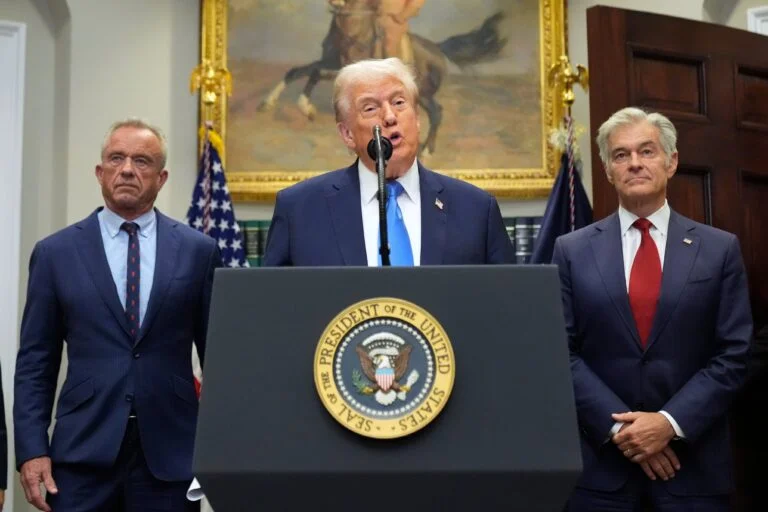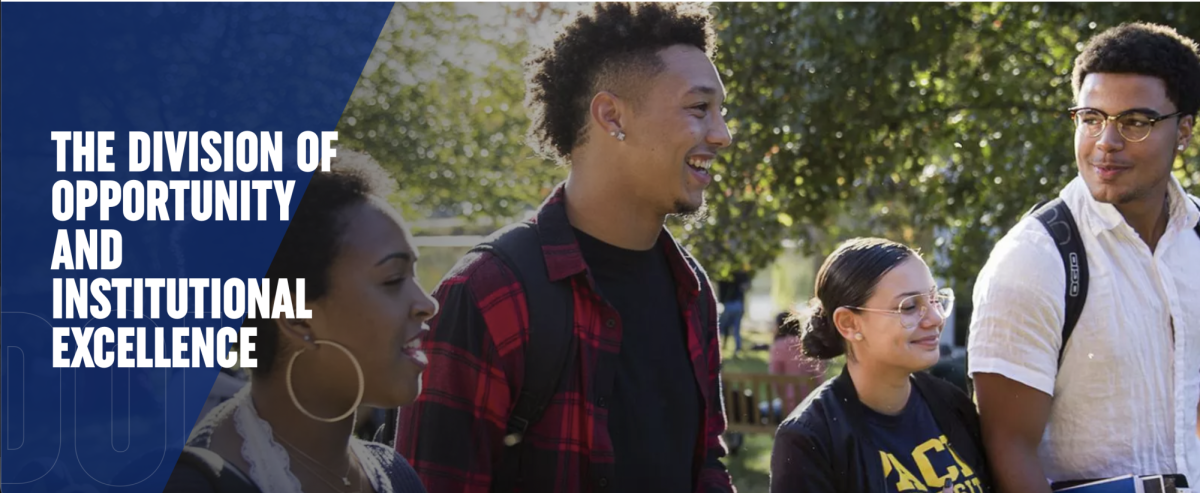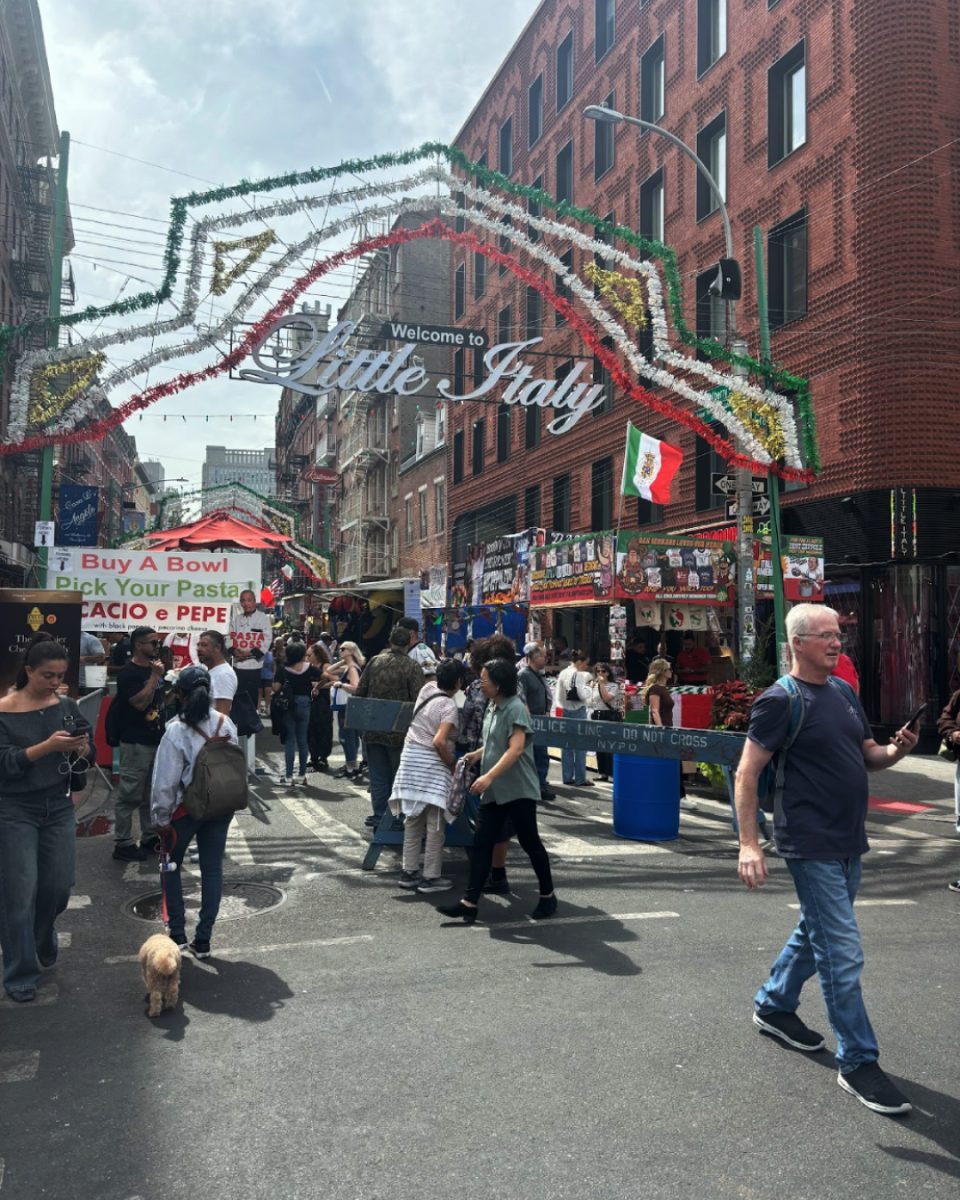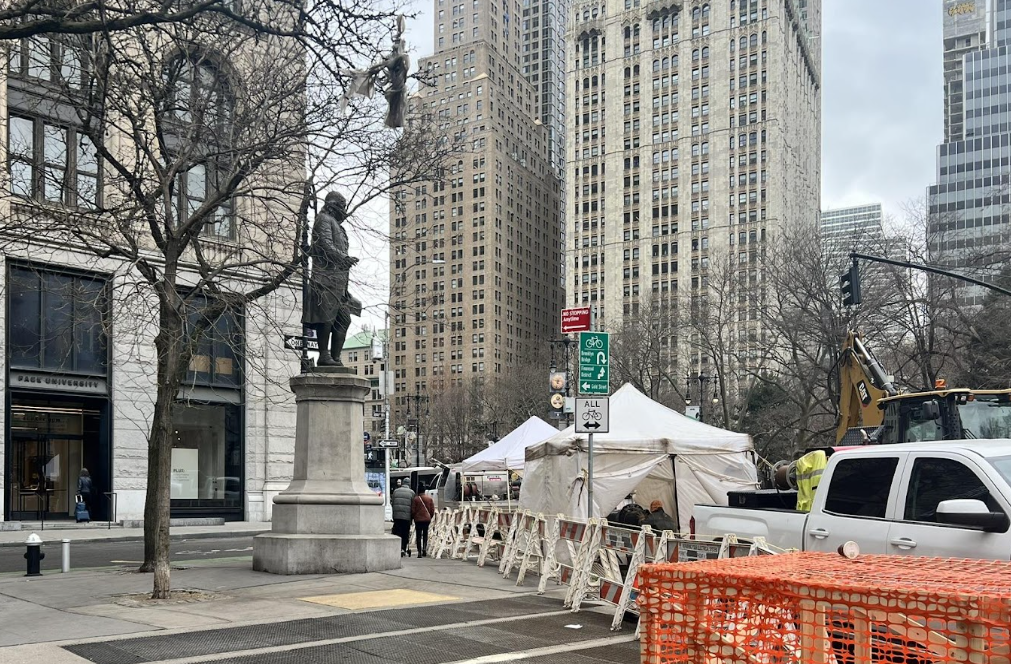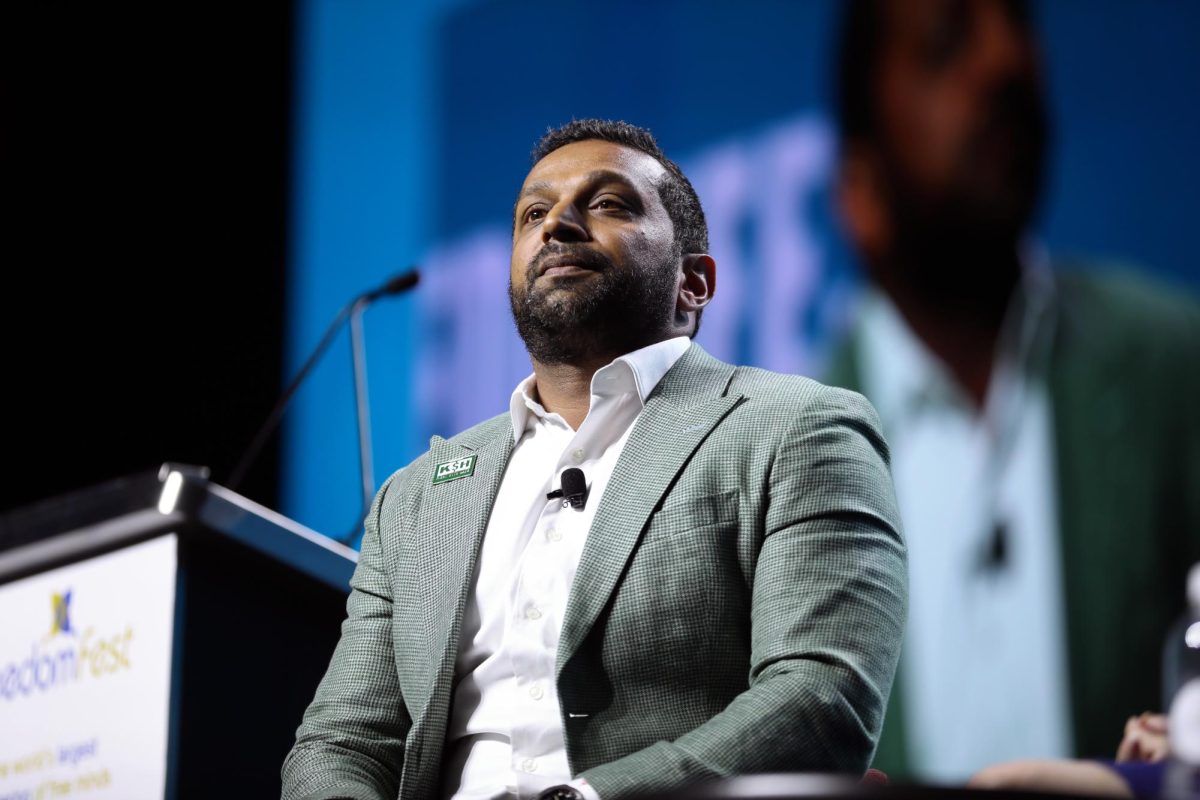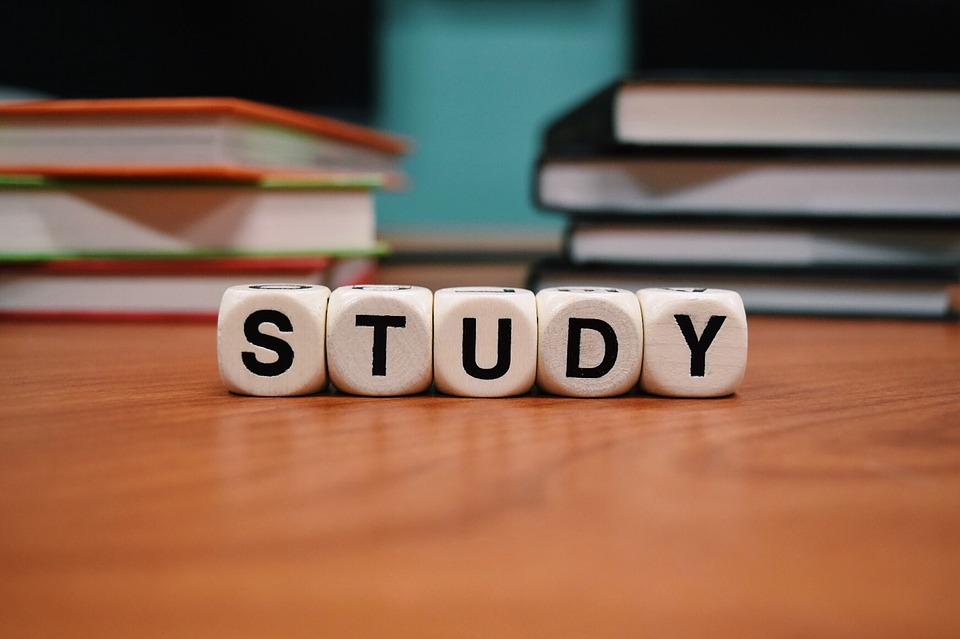This past Thursday the university’s LGBTQA and Social Justice Center marked its 3rd anniversary of the initial petition for the university’s LGBTQA and Social Justice Center.
Since then, the presence of the LGBTQA and Social Justice Center has been ever-strengthening. According to Kelly Herbert, center coordinator, the movement to open the LGBTQA Center began in 2008: “Four years ago this was just an idea and now, it’s a reality because of the Pace community coming together to make it happen. We have come a long way as a University and I hope to continue developing allies and supporting students, staff and faculty around these issues.”
The LGBTQA Center is a support base for the LGBTQA community and an educational resource.
“The movement to build a center really began as a way to give voice to the many victories and tragedies of a community that is still pushing forward for equality in this Country and beyond,” said Herbert. She also added that the LGBTQA Center is there to give a voice to the struggles and successes of the LGBTQA community, as well as to educate the rest of the university.
Senior Adam Mummery thinks the Center is an important addition to the university. “The Center is an asset because it gives a safe place to students…and it gives them somebody to talk to at all times.”
For a center that has come so far in the past few years, The LGBTQA Center has no plans to slow expansion as they continue their advocacy around campus and beyond.
The center this year is pushing to develop a sister Center on the Pleasantville campus, hoping to have a space and staff for the upcoming 2013-2014 school year.
Herbert says that this year, the Center is also putting more focus into transgender advocacy, which includes adapting the university’s name change policies “to make it easier for individuals who have transitioned or are in the process of transitioning to have their preferred names reflected on course rosters, emails, and other areas where it may appear.”
Recent successes of the LGBTQA taskforce include adding sexual-reassignment surgery to the Student Health and Sickness Plan and developing a Queer Studies Minor, which can be declared by contacting Professor Stephanie Hsu or Prof. Nancy Reagin.
The Center has also recently received discretionary funding from the New York City Council. With this funding, the Center plans to run a pilot program of their LGBTQA Ambassador program.
This program will train university students to lead workshops for LGBT youth on bullying, oppression, and advocacy.
These Ambassadors, selected through an interview process at the end of training, would receive a stipend for their work. Herbert hopes that they can begin the application process in the spring, but that it is “contingent on when the funds are released by the City.”
Getting involved with The LGBTQA Center is easy as there are numerous events being held this semester. There is a weekly discussion every Friday at 12, held in the Center, which is on the 9th floor in 41 Park Row. Additionally, there are regular “movie nights, writing workshops, art and advocacy programs, Safe Zone Trainings, monthly evening coming out discussion groups co-moderated with the counseling center, book readings and talks by LGBTQA advocates,” says Herbert.
Additional services the Center offers are, “educational workshops, community building programs and events, weekly discussion groups, advocacy, internship and student assistantship opportunities, consultation services on areas relating to the LGBTQA community, ally training and development, referral services, resources on safer sex and coming out, [and] a DVD and book borrowing system,” said Herbert, adding, “[and] free coffee, [and] an awesome lounge with rainbow hand chairs.”
The Center will be working full steam this upcoming month, November being Transgender Awareness Month. According to Herbert, planned events will include “a film festival, Transgender 101 Trainings, Trans Issues in Higher Education workshops, as well as a Gender Bender Ball on November 6.”

